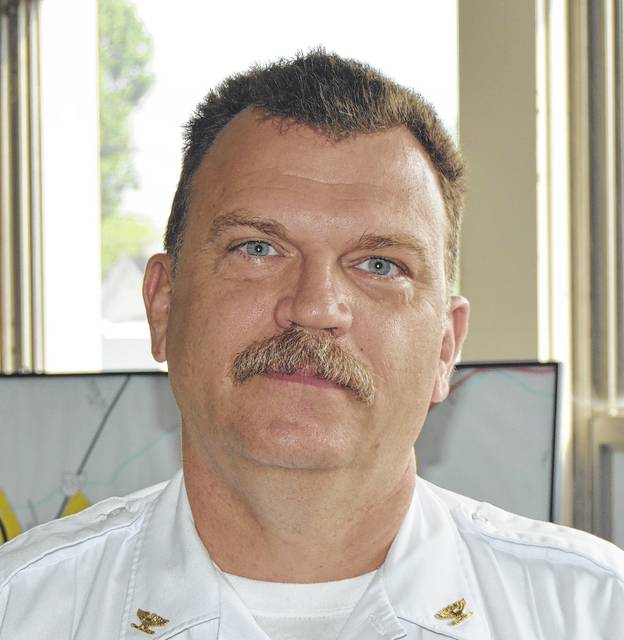
I recently read in the News Journal that Ohio’s legislature has overwhelmingly adopted “Sierah’s Law” and is sending it to Gov. Kasich for his signature. According to the article, Sierah’s Law would require criminals convicted of crimes like murder and abduction to notify their local sheriff’s office of their address once they are released from prison.
For years now Ohio law has required sex offenders to do the same. Members of the Ohio General Assembly have touted these laws as milestones in protecting citizens from violent offenders.
I don’t share their enthusiasm. Imagine you and your family live on an island inhabited by 75 grizzly bears. What would make you feel safer: knowing the location of each bear’s den, or knowing that, because of a barrier, the bears cannot get to you?
Sierah’s law is named for Sierah Joughin, a University of Toledo student who was abducted and murdered by James Worley in Fulton County in 2016. Worley, it turns out, had also attempted to abduct another woman back in 1990. He knocked her off of her bicycle, held a screwdriver to her throat, tried to handcuff her and said he was going to kill her.
He was charged in that crime and sentenced to a prison term of 4-10 years. He was released after serving only three. According to Toledo news outlets, before he was released from prison in 1993, Worley told a social worker that his incarceration had taught him one thing — to be sure to bury his next victim.
Let that sink in for a minute — a man tried to abduct a woman, told her he would kill her, and he only served three years in prison. How can that be?
The answer is that Ohio’s prisons are overcrowded. Alarmingly, our state officials believe the answer to that problem is to send fewer people to prison for shorter periods of time.
That was the result of Ohio’s 1993 criminal sentencing reform, and I believe will be the result of a new revision of Ohio’s criminal statutes currently underway in Columbus. In 1993 Ohio’s legislature said they wanted to send fewer low-level felons to prison in order to assure that there would be room in the system for longer sentences for serious, violent offenders.
From where I stand, those long sentences never materialized. Now a new effort is underway to reduce the prison population further by another revision to Ohio’s criminal statutes, and again, assurances are being made that these efforts are directed at diverting low-level felons from the prison system to make way for longer sentences for serious, violent offenders.
I have a sneaking suspicion that, just like after the 1993 sentencing reform, we’ll never see those longer prison sentences.
Four decades ago Ohio’s leaders determined they were spending too much to maintain and operate state mental hospitals. Beginning in the 1980s, nearly all of those hospitals were closed and the patients were moved to “outpatient” treatment.
In the vast majority of cases, that simply meant they were left to their own devices. Mentally ill people left to their own devices, and with no hospitals to treat them, appear to end up in prison.
Ohio’s prison system is now crowded with the mentally ill; research indicates that anywhere between 10-30 percent of Ohio’s prison population belongs in a mental health hospital, not a prison.
The problem is, those hospitals no longer exist, and so to prison they must go.
My heart goes out to Sierah Joughin’s family, but I think her memory would be honored in a much more meaningful manner by a real effort to reduce violent crime in our communities by providing for longer, not shorter, prison sentences for violent felony offenders like James Worley.
The space for these longer sentences could be found by investing in new mental health hospitals to serve the severely mentally ill in our communities. By diverting the mentally ill from our prisons, we would gain the prison space needed to make room for longer sentences for violent felons.
And wouldn’t that be better than simply knowing where Ohio’s violent felons live?
Scott Reinbolt is Chief of Police of the Village of Blanchester.


